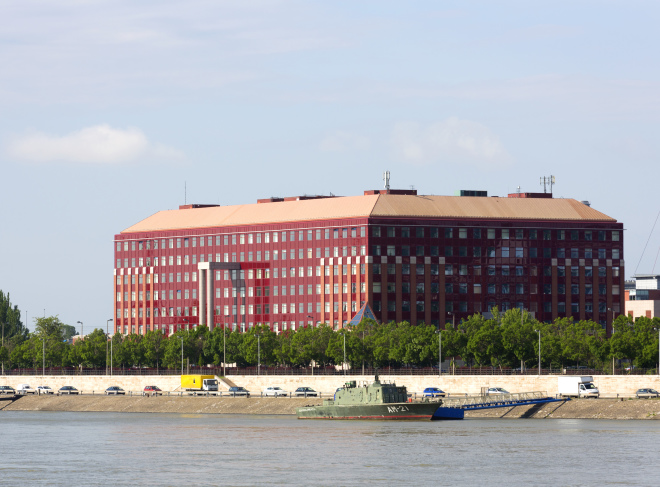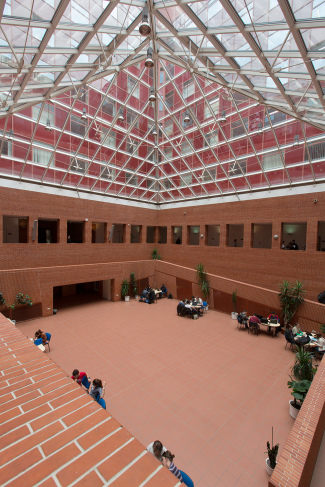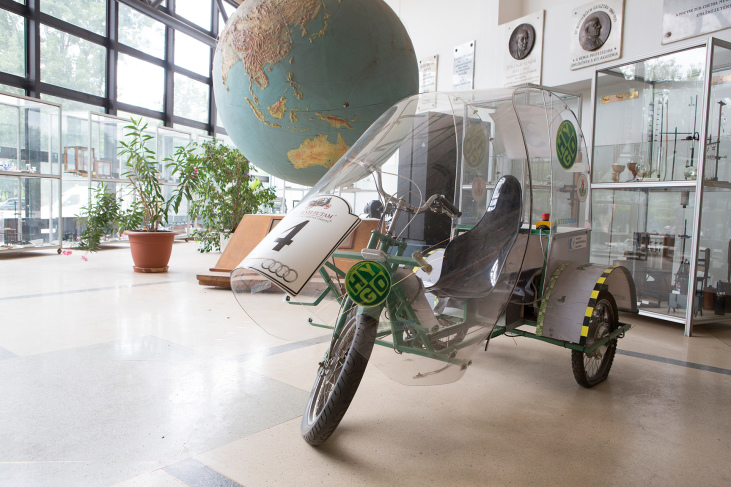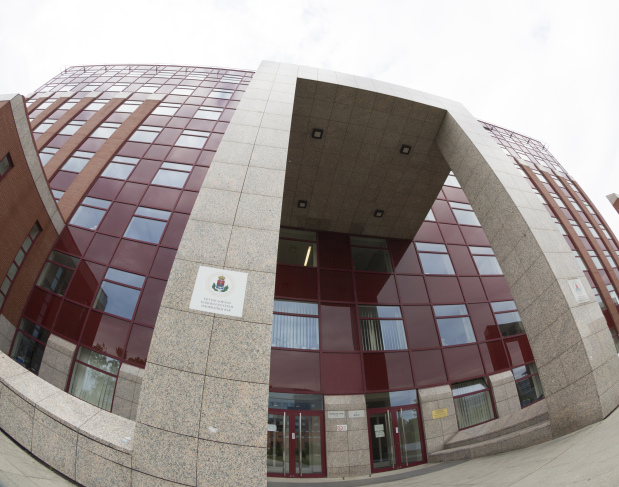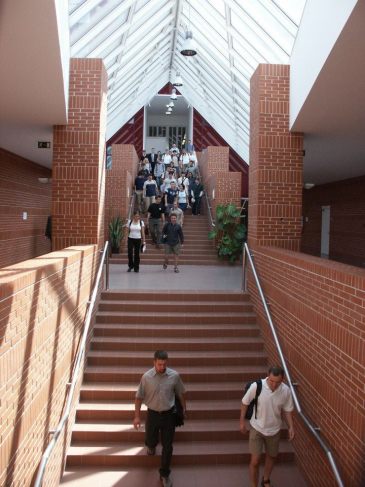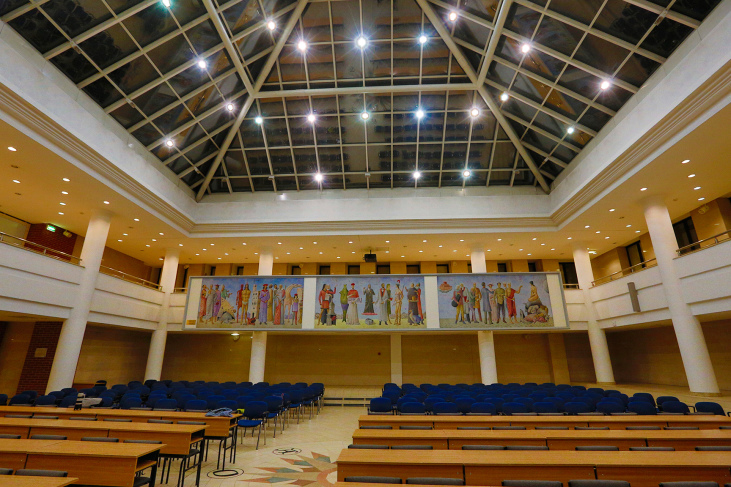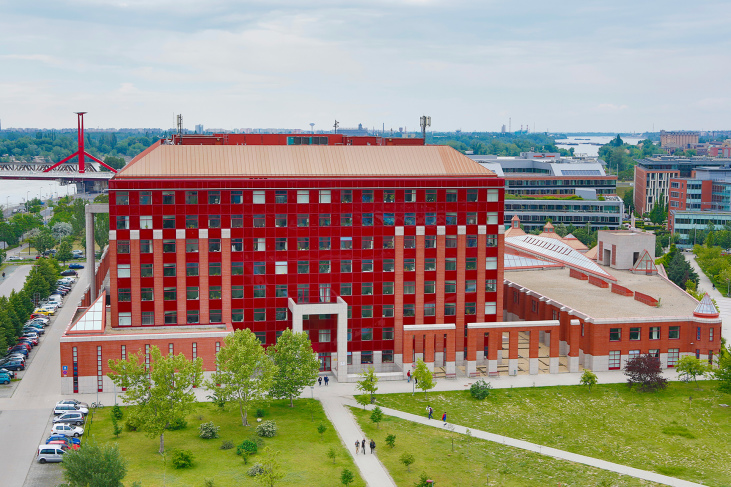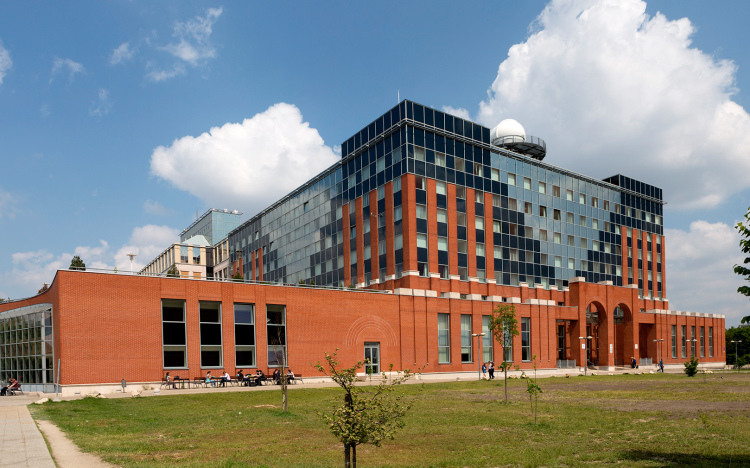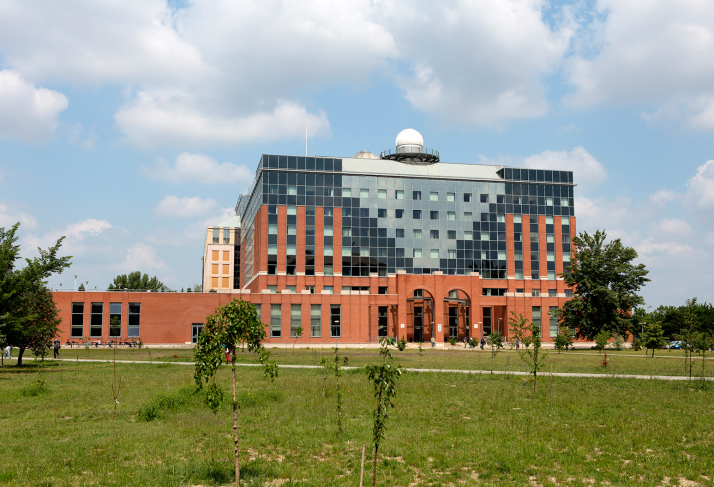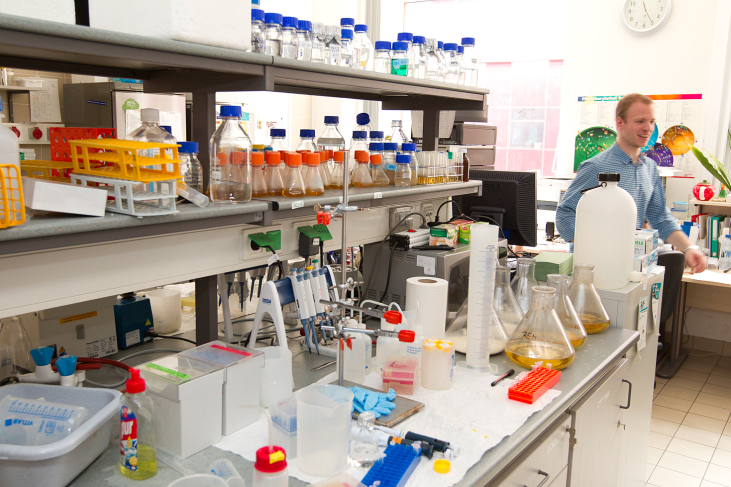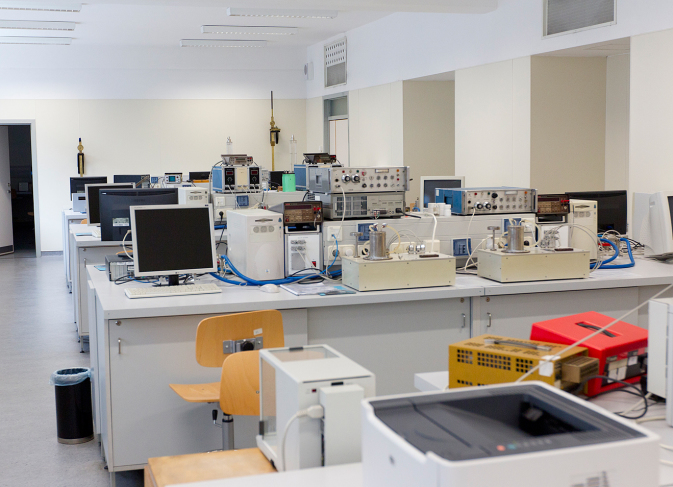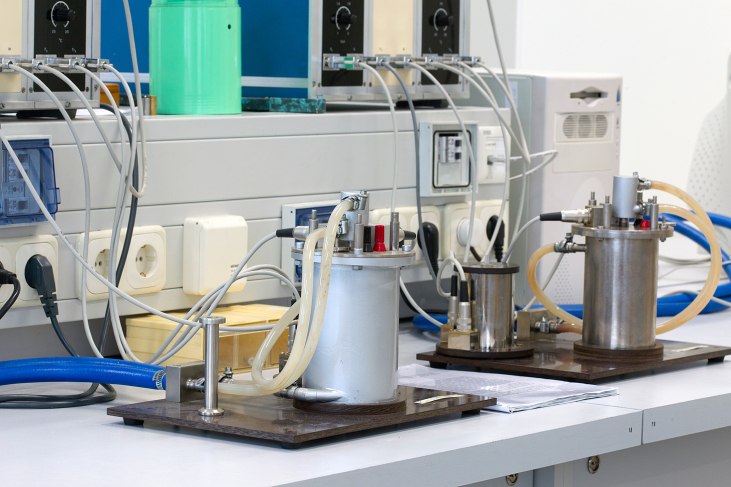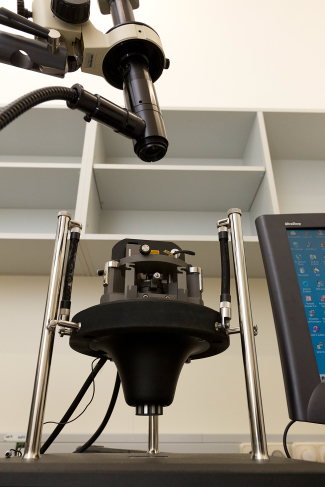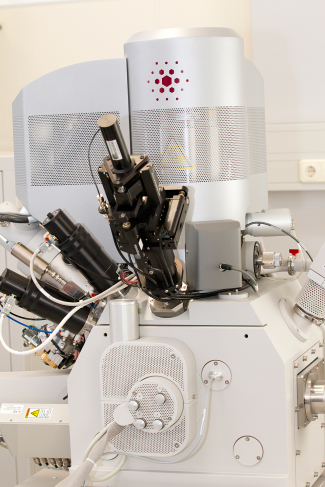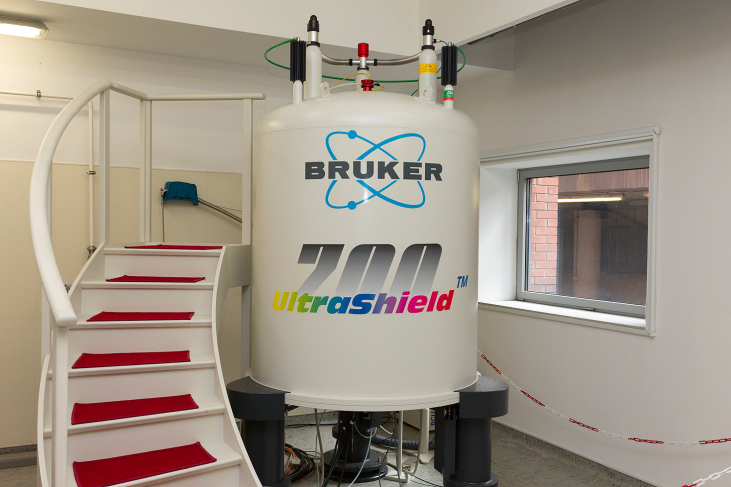Doctoral School of Earth Sciences

Algeria
Doctoral School of Earth Sciences
Doctor of Philosophy (PhD) in Earth Sciences
Degree program
Doctoral
OH-FHF/883-4/2010
Institute of Geography and Earth Sciences
ELTE Doctoral School of Earth Sciences
English
8 semesters (4 years)
240
1
5
Main research fields by the thematic programs of the ELTE Doctoral School of Earth Sciences:
-
Geography (Physical Geography, Geomorphology, Environmental and Landscape Geography, Geography of Hungary and Central&Eastern Europe, Carpathian Basin, Human Geography, History of Geography, Ethnical Geography, Regional Science, Regional Planning, Urban Studies, Geoinformatics in Geography and Spatial Research)
-
Meteorology (Dynamic and Synoptic Meteorology, Boundary Layer Meteorology, Climatology, Climate Modelling, Agroclimatology, Statistical Climatology)
-
Geology and Geophysics (Physical and Applied Geology, Hidrogeology, Urban Geology, Petrology, Geochemistry, Mineralogy, Lithology, Paleontology, Volcanology, Sedimentology, Geophysics, Space Science, Geoinformatics in Earth Sciences)
-
Cartography and Geoinformatics (Thematic Cartography, Mathematics in Cartography, Webcartography, History of Cartography, Toponymy, Geoinformatics in Cartography)
Theoretical courses, laboratory works, field studies.
Outcomes: publications, PhD thesis.
-
High scientific quality of the training, personalized research projects.
-
Highly qualified professors, academicians, supervisors, experts from the practice.
-
Possibilities for multi- and interdisciplinary research.
-
Mainstream research theme.
-
Cooperative, cohesive research groups.
-
Wide range career opportunities.
Programs in the Doctoral School
-
Geography and Meteorology
-
Geology and Geophysics
-
Cartography and Geoinformatics
Training phases
Education and research phase (4 semesters)
-
Credits to be gained: 108-132 credits (including 36 compulsory credits from courses and 2 compulsory credits from written report)
-
Complex examination
Research and thesis writing phase (4 semesters)
-
Credits to be gained: 108-132 credits
Modules: Training Module (courses) , Research module (individualised research with supervisor)
Obligatory credits in each semester: minimum 20 (courses + research).
Requirements for applying for the doctoral process are: final (pre-degree) examination (’abszolutórium’); fulfilling the publication and language exam criteria set by the council of the doctoral school; submitting the proceedings of the ‘internal defence’ or an in-depth written opinion of the supervisor; and the PhD thesis.
The groups of the courses in Training Module by Programs
Geography
General physical geography, General human geography, Physical geography of Hungary and the Carpathian Basin, Human geography of Hungary, Regional physical geography, Regional human geography, Urban and regional development, Environmental geography, Regional science, Urban geography, History of geography,
Methods of teaching geography, Landscape ecology, Political geography, Urban sociology, Quaternary geography, Soil science, soil geography, GIS, Methods of regional analysis
Meteorology
Theoretical meteorology, Theoretical climatology, Atmospheric physics, Synoptic meteorology, Meteorology of environmental protection, Atmospheric chemistry, Dynamic modelling, Agrometeorology, Numerical prediction, Satellite meteorology, Climatology, Hidrometeorology, Micrometeorology
Geology
Petrology, Geochemistry, Mineralogy, Ore geology, Paleontology, Paleobotany, History of Earth, Stratigraphy, General geology, Sedimentology, Regional geology, Geodynamics, Environmental geology, Hydrocarbon geology and basin analysis, Hydrogeology, Geomathematics and geostatistics
Geophysics
Gravity, Physical Geodesy, Geomagnetism, Seismology, Geothermics, Mechanical structure, materials and dynamics of the Earth, Applied geophysics (near-surface geophysics), Geophysical well-logging, Geomagnetism and the physics of the Upper Atmosphere, Geophysical methods in Geology
Cartography and Geoinformatics
Map design and map-making, Thematic cartography, Computer assisted cartography, Map projection, Topography, Geoinformatics, History of cartography, Topographic map systems, Atlas cartography, Toponymy, GPS, Remote sensing
-
Academic career (universities, research institutes)
-
Governmental career (international organizations, ministries, regional and local authorities)
-
Business career (firms: environmental protection, meteorology, mining, cartography, geo-informatics, urban and regional planning etc )
1,910 EUR
3,000 - 5.000 EUR (depending on the research topic)
9000 HUF (non-refundable)
160 EUR (non-refundable)
3,000 - 5.000 EUR (depending on the research topic)
160 EUR (non-refundable)
Yes
01, Sep, 2025
31, May, 2025
No
Language requirements:
An internationally accredited language examination is required with at least a B2 CEFR level or equivalent result.
Examples of minimum level accepted:
TOEFL iBT 72 pts
IELTS 5.5
Alternatively, an official certificate issued by the applicant’s previous higher education institution can be accepted, stating that the applicant’s previous education (Bachelor’s or Master’s degree) was completed entirely in English.
Basic knowledge of the Hungarian language is an advantage.
| Document | Comment |
| Online application form | - |
| Master-level degree | - |
| Transcript of records | - |
| CV | - |
| Language certificate | - |
| Research plan | - |
| Statement of Supervisor | - |
| Proof of application fee transfer | - |
| Letter of recommendation | optional |
| Copy of the main pages of the passport | optional |
| Passport photo | optional |
| Reference work | optional |
| Motivation letter | optional |
A master’s degree in earth sciences or in a related field is a mandatory requirement.
The application starts at the online application system. Students need to register in the system, fill in the online application form, upload the required documents and follow the instructions during the application process.
For the thesis topics visit the following website. (Prof. Judit Bartholy and the program leaders deal only with the educational aspects of the admission and do not deal with any administrative and financial issues.)
Important note: It is the student’s responsibility to find a qualified professor at the institute who is willing to act as a supervisor and they write together the research plan which is submitted along the application.
Procedure of the entrance examination:
The application package is reviewed by the admission committee. Then the applicant is expected to take an oral entrance examination. If a personal meeting is impossible, the interview is held through Skype. The interview focuses on the applicant's knowledge compared to what might be supposed from the submitted documents on former qualification and the goals and methods of the planned research project.
Written supplements and exercises might be demanded in order to measure qualification and language proficiency.
Criteria for ranking in the admission procedure shall include:
-
previous university achievements (examinations, comprehensive examinations, qualification of degree),
-
achievements related to previous research work (awards obtained in students’ academic circles, publications in the particular professional area),
-
the feasibility of the research program.
The decision on admission or rejection is made at the earliest date possible.
Gábor Timár
Head of Doctoral School
Mr. Péter MOLNÁR
inter@ttk.elte.hu
TEL: +36-1-372-2695
More information
Faculty Website
Faculty of Science
Faculty of Science
Eötvös Loránd University (ELTE) offers more than 60 degree programs in foreign languages in the fields of Education and Psychology, Humanities, Informatics, Law, Social Sciences and Science. Currently, about 2400 international students study at ELTE and the community of international students is growing from year to year. Check out what our international students think and discover the wide-range of opportunities waiting for you at ELTE. Join the growing international community of ELTE.
Eötvös Loránd University (ELTE) offers more than 60 degree programs in foreign languages in the fields of Education and Psychology, Humanities, Informatics, Law, Social Sciences and Science. Currently, about 2400 international students study at ELTE and the community of international students is growing from year to year. Check out what our international students think and discover the wide-range of opportunities waiting for you at ELTE. Join the growing international community of ELTE.
0
/
0





















0
/
0

